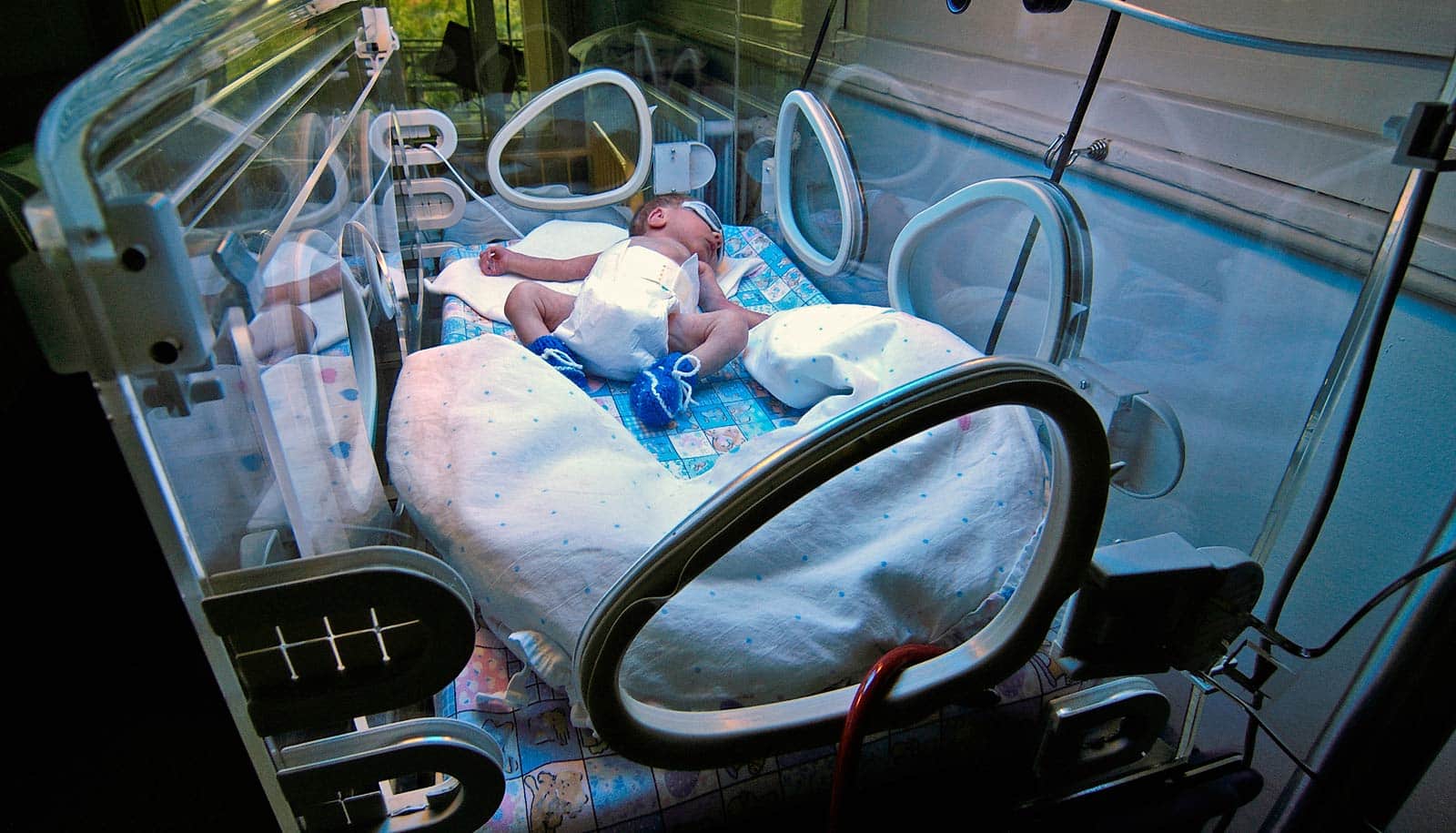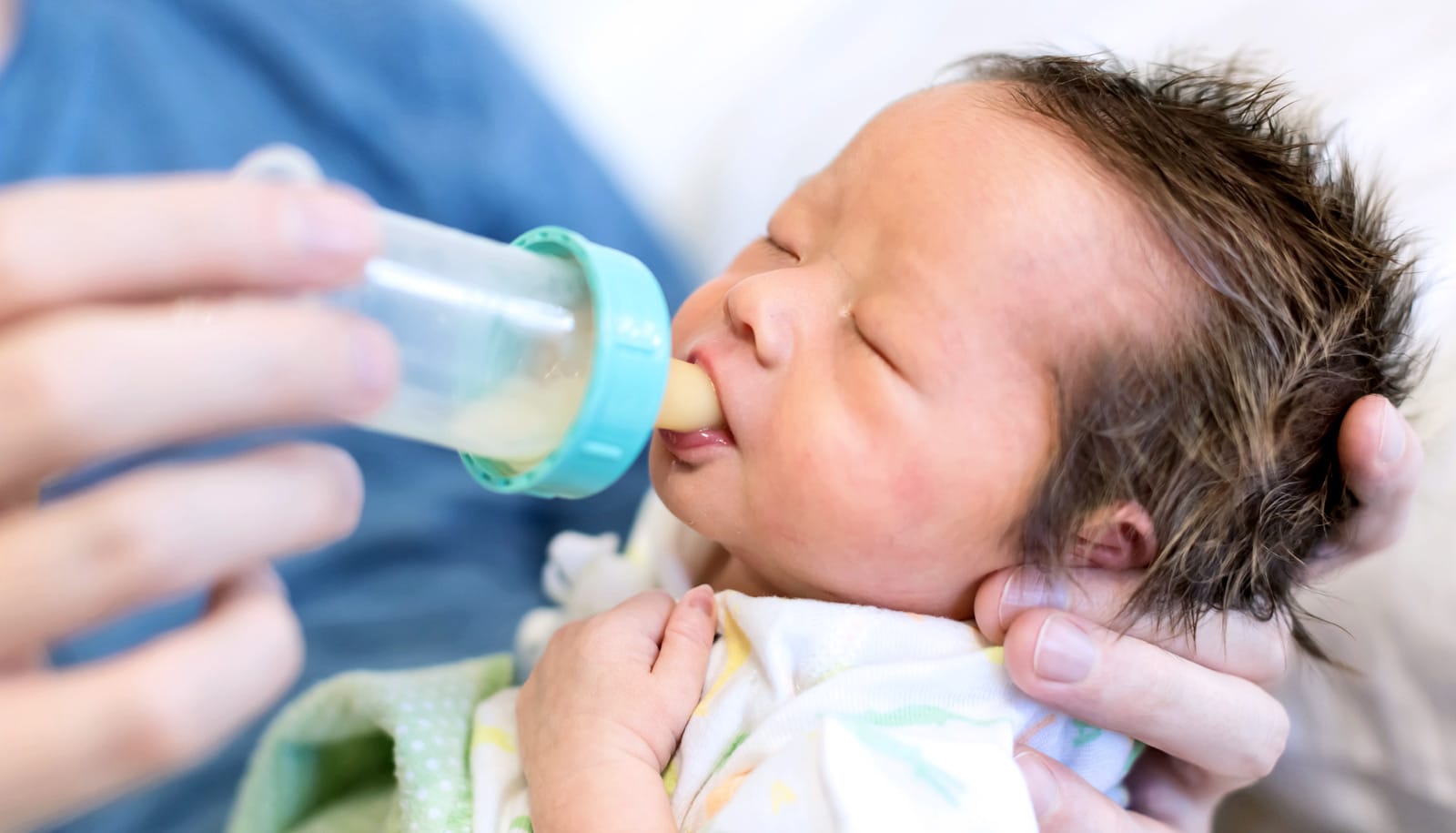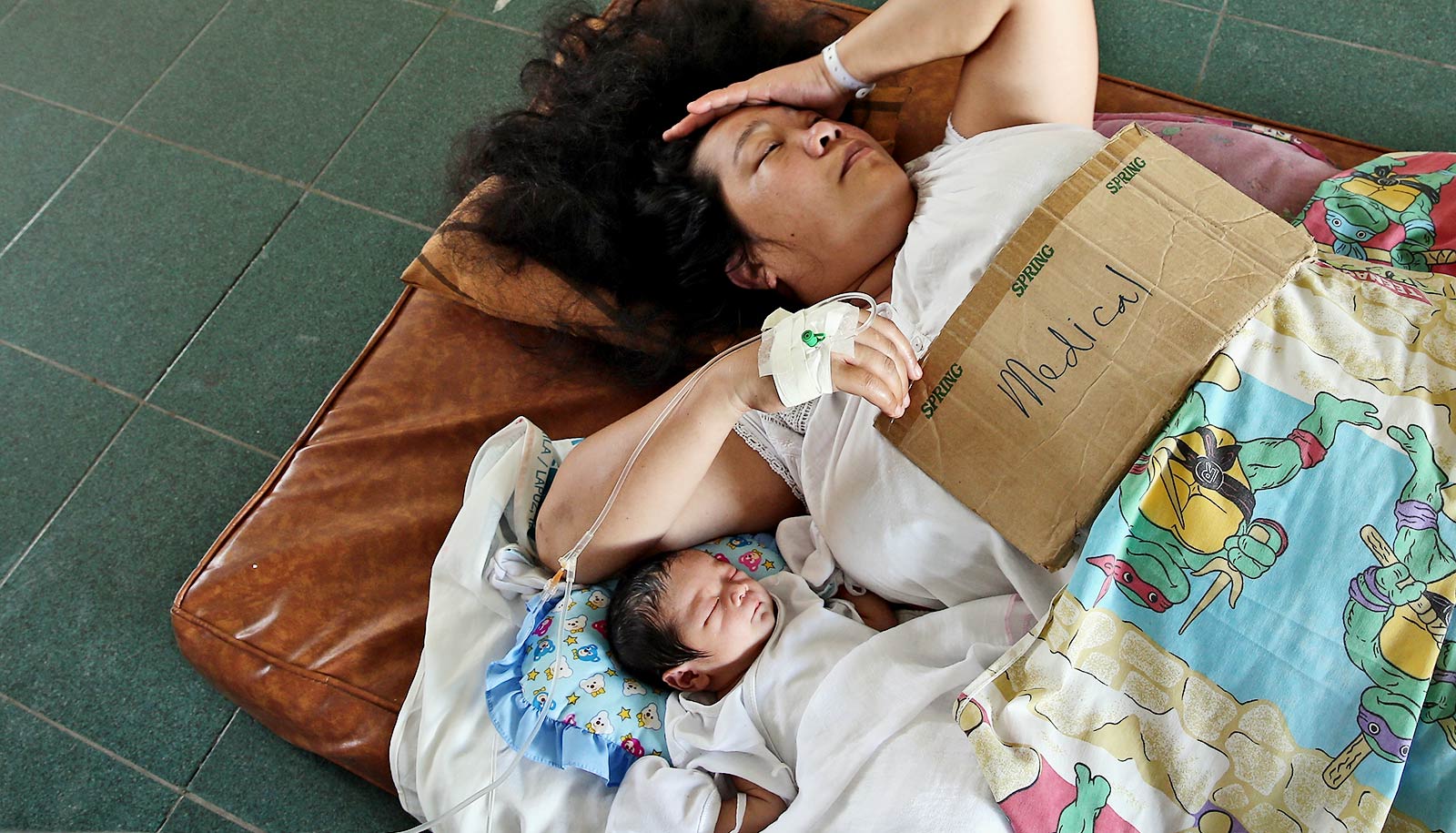New research finds similar impulse control issues among children who were born preterm or at very low birth weight and those who were institutionally deprived early in life.
The researchers considered children who were born before 32 weeks gestation or weighing under 1,500g (3.3 pounds) at birth. They found they had similar difficulties in controlling their impulses as children who experienced institutional deprivation.
The study in the journal Development and Psychopathology included preterm and low birth weight children from the Bavarian Longitudinal study, as well as children who experienced at least six months of institutional deprivation—a lack of adequate, loving caregivers—in Romanian institutions from the English and Romanian Adoptees study. The researchers then compared those children to 311 children born at full term and 52 non-deprived adoptees, respectively.
The researchers found that both groups—low birth weight/preterm and institutionally deprived—had lower effortful control at 6 years.
This is the first study that directly compares the effects of severe preterm birth and extended institutional deprivation.
“Both early care either in an incubator or deprivation and neglect in an orphanage lead to poor effortful control. We need to further determine how this early deprivation alters the brain,” says Dieter Wolke, professor in the University of Warwick psychology department.
“These findings suggest that children’s poor effortful control may underlie long-term social problems associated with early adverse experiences; thus, improving their self-control may also help prevent these later problems,” adds Lucia Miranda Reyes of the child and family studies at the University of Tennessee.
The research team also includes researchers from the University of Southampton and King’s College London.
Source: University of Warwick



